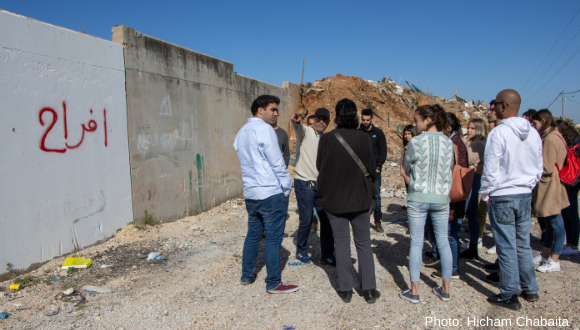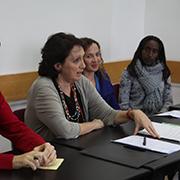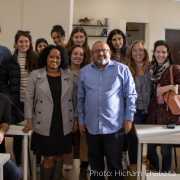Human Rights Clinic
The Supreme Court ruled in 2022 that electricity is a “vital commodity without which it is impossible to maintain a normal way of life,” and that the right to electricity is protected under the constitutional right to human dignity. Based on this, the Court determined that the Electricity Authority is required to amend the standards for power disconnections so that consumers in debt will not be disconnected from regular electricity supply to their homes if they can prove they are in a state of severe poverty, financial hardship, or a medical condition that justifies non-disconnection. In addition to expanding the group of consumers entitled to protection from disconnection, the Court also ordered the Electricity Authority to establish a mandatory hearing procedure in which the individual circumstances of the consumer must be examined before any decision to disconnect electricity is made. This ruling was issued following a petition filed jointly by the Human Rights Clinic, the Association for Civil Rights in Israel, Physicians for Human Rights, and the Social Workers’ Union.
A precedential decision handed-down in a case represented by the Clinic: the District Court determined that the police has no authority to arrest a person in order to bring him to a forced psychiatric examination without an explicit instruction from the district psychiatrist.
The Clinic filed a lawsuit on behalf of a trans man whose insurance company refused to fund his mastectomy, claiming it was not a medical need but either the result of a mental disorder, a cosmetic issue or a congenital malformation. In its ruling, the Magistrate’s Court determined, for the first time, that sex reassignment surgery should be recognized as a medical need, and that the insurance company must pay for the plaintiff's surgery and legal expenses.
The Clinic filed a lawsuit against a real-estate company that discriminated against an Arab couple and refused to sell them an apartment. The case ended in a settlement according to which the real-estate company agreed to compensate the couple in the amount of ILS 40,000.
The Clinic filed a lawsuit on behalf of an HIV positive man who was discriminated against in admission to a nursing home. Following a settlement agreement the defendants compensated the plaintiff in the amount of ILS 50,000.
Following a petition filed by the Clinic on behalf of Nisaa Wafaq (Women and Horizons), an Arab women’s rights organization, a discriminatory clause in the Public Housing regulations, which distinguished between Jewish and non-Jewish women, has been repealed.
Compensation for demonstrators detained unlawfully by the police was ordered by the Magistrate Court in two lawsuits filed by the Clinic. In its ruling, the Court accepted, for the first time, compensation claims for restrictions on the right to protest.
Following a petition filed on behalf of Kav LaOved, Physicians for Human Rights and the Association for Civil Rights against the Minister of Industry, Trade and Labor, the regulations requiring employees to disclose the medical reason for their sick leave were amended and the requirement was annulled.
Following a petition submitted by the Clinic, the Knesset passed legislation forbidding the practice of disconnecting water supply as a means of debt collection.
Following a petition filed by the Clinic, the Supreme Court ordered the revocation of the Ministry of interior regulations requiring transgender people to undergo sex reassignment surgery in order to be able to change their sex status in the population registry.
The Tel Aviv District Court accepted an appeal filed by the Clinic on behalf of the LGBT Association, ruling that Makor Rishon Newspaper’s refusal to publish an advertisement regarding the hotline operated by the LGBT association constitutes prohibited discrimination. In addition, the court ruled compensation in the amount of ILS 50,000 in favor of the LGBT association.





